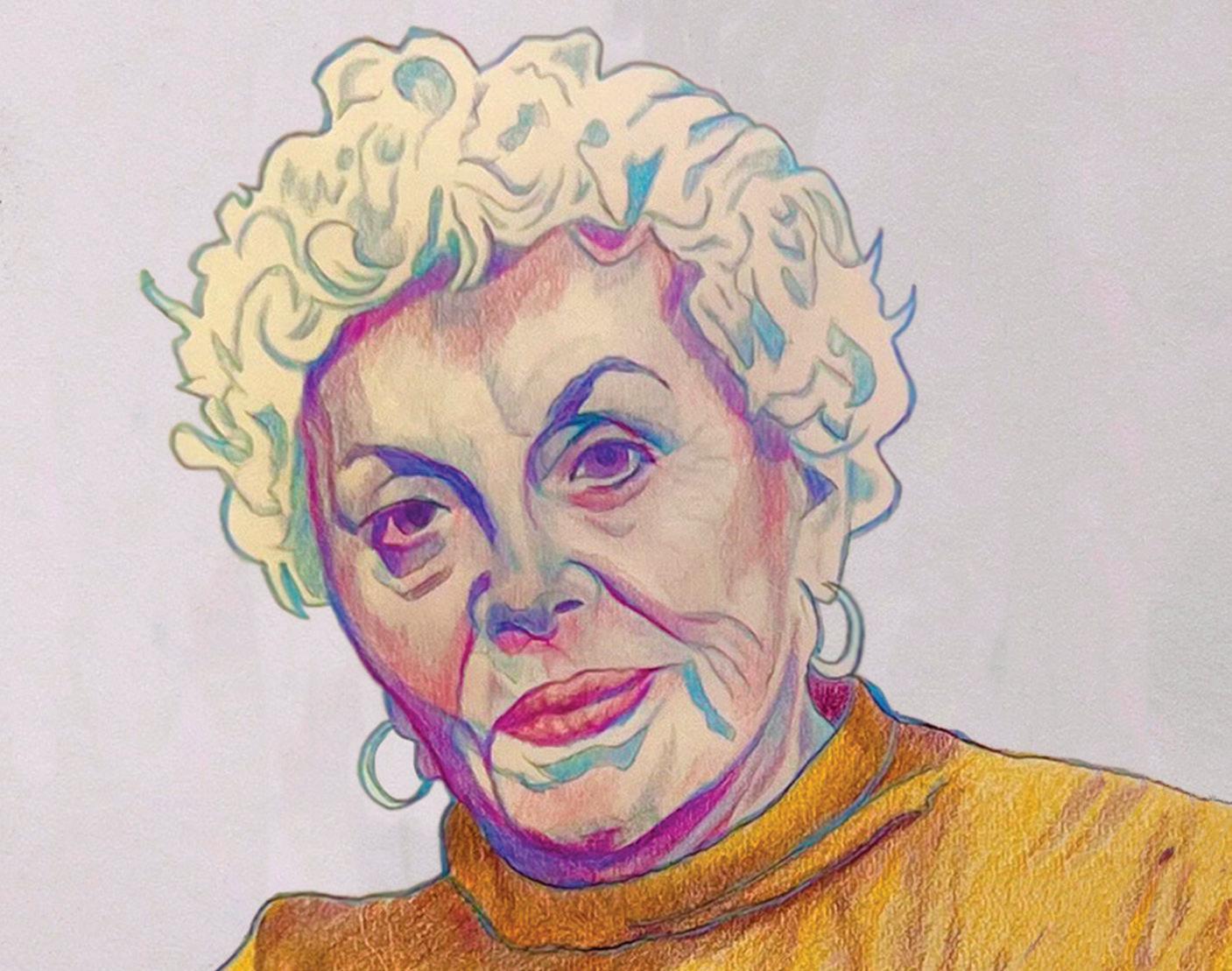
9 minute read
SHULAMIT ALONI
Alice Shalvi
but Szold has yet to be included in the first tier when it comes to recognizing Israel’s founding figures.
Another towering figure was Szold’s friend Manya Shochat (1878-1961). A colorful character, she established a small experimental farming collective at Sejera in the Lower Galilee in the early years of the 20th century that some consider to be the prototype for the kibbutz movement. She believed that the then-common practice of hiring Arab farmworkers was not a good model on which to build Jewish life in Palestine, and that European Jews like her should be trained to do the work themselves. At Sejera, women wore pants and participated as equals. Shochat also pushed the envelope in regard to other occupations considered off-limits to women. “She was one of only a few women who belonged to Hashomer, an association that protected the early Jewish settlements, and was known for dressing in Bedouin clothes and riding horseback throughout the land on her protective routes,” says Francine Klagsbrun, author of the 2017 book Lioness: Golda Meir and the Nation of Israel. Lauren B. Strauss, director of undergraduate studies of the Jewish Studies Program at American University, describes Shochat as “a revolutionary in Tsarist Russia who came to Palestine and helped start the kibbutz movement and formed armed self-defense units.” Largely unknown in the United States, Shochat has been rediscovered in Israel in recent years.
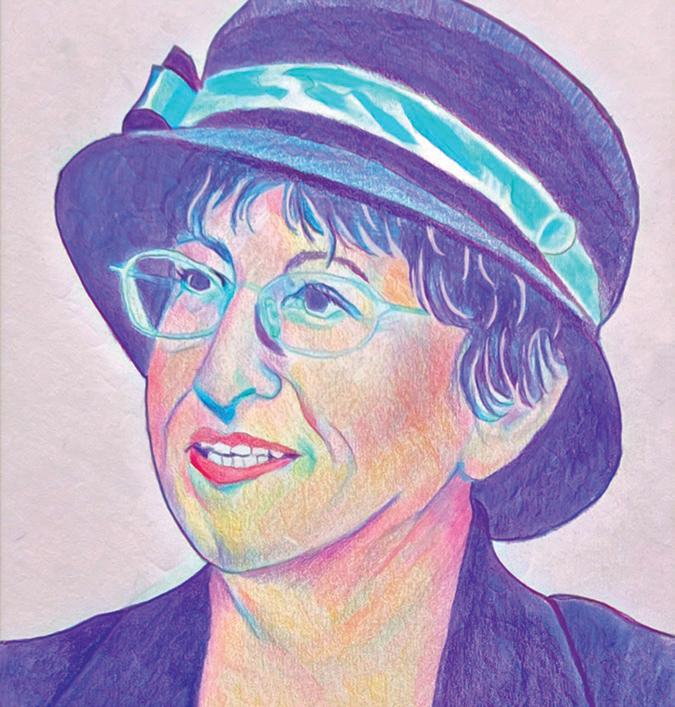
However, it is Ada Maimon (1893-
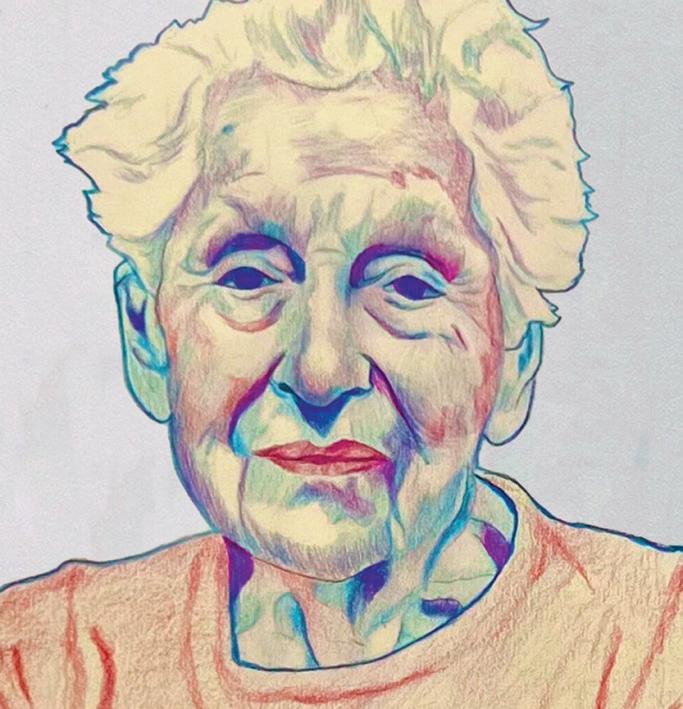
1973) whom Israelis celebrate as the mother of Yishuv feminism, says Pnina Lahav, author of the 2022 biography The Only Woman in the Room: Golda Meir and Her Path to Power. Maimon is not wellknown outside Israel, but in 1921 she founded and ran the influential Women Workers Council (WWC), a subgroup of the Yishuv’s powerful Histadrut trade union, to fight for women’s interests. In a failed effort to curb the group’s independence, the Histadrut pushed Maimon out in 1928 and replaced her with a leader then still known as Golda Meyerson. It wasn’t a good fit—Golda had other goals besides advancing women, which incensed Maimon and other WWC members, and the two women remained at odds throughout their lives. Like Shochat, Maimon also established a working farm that gave women the skills needed to break into agriculture, the dominant industry of the time. After 1948, she served in the first and second Knessets, spearheading laws related to women’s equality, and never gave up on her quest for “equality in all walks of life” between women and men.
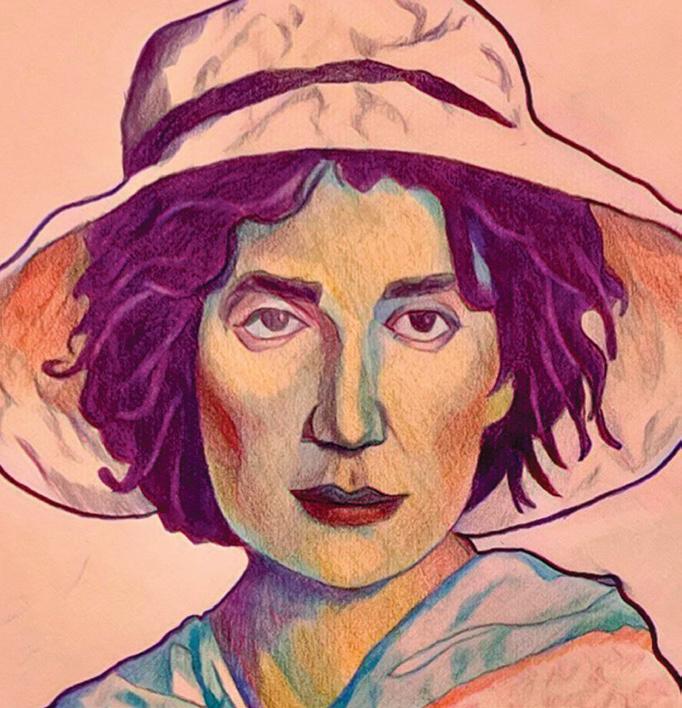
Which brings us to Golda Meir, who preferred to be called by her first name. As the only female prime minister so far of the State of Israel—as well as the first female head of a government in the Middle East since ancient times, one of the first three women to lead a modern nation and the only one of those three not to follow a husband or father—she certainly has more name recognition than almost any other Israeli woman. Without the American money and support raised by the Russian-born, Milwaukee-raised Golda, there might not even be a Jewish state. But her many achievements and the wonder of Golda herself—how she came to be the only woman operating at the highest levels of power—are still underappreciated. To gain the trust of the men around her, this vastly talented woman had to, consciously or unconsciously, adopt their values and, to some extent, their behavior, says Lahav. This strategy catapulted her into many powerful positions unattainable to other women, including Israel’s first fe- male foreign minister and, finally, head of state from 1969 to 1974.
Clockwise from top left: Ada E. Yonath (b. 1939) is a biochemist and crystallographer best known for her pioneering work on the structure of ribosomes. In 2009 she became the first Israeli woman (and only one to date) to receive a Nobel Prize (in chemistry). Ofra Haza (1957-2000), an iconic Israeli singer and songwriter of Yemenite ancestry, was famous worldwide and helped popularize Mizrahi culture. Aida Touma-Suleiman (b. 1964) is a Christian Palestinian who has been in the Knesset representing the Arab party Hadash since 2015, and was the long-time chair of its Committee on the Status of Women and Gender Equality. Many consider Rachel Bluwstein (1890-1931) the founding mother of Hebrew poetry.
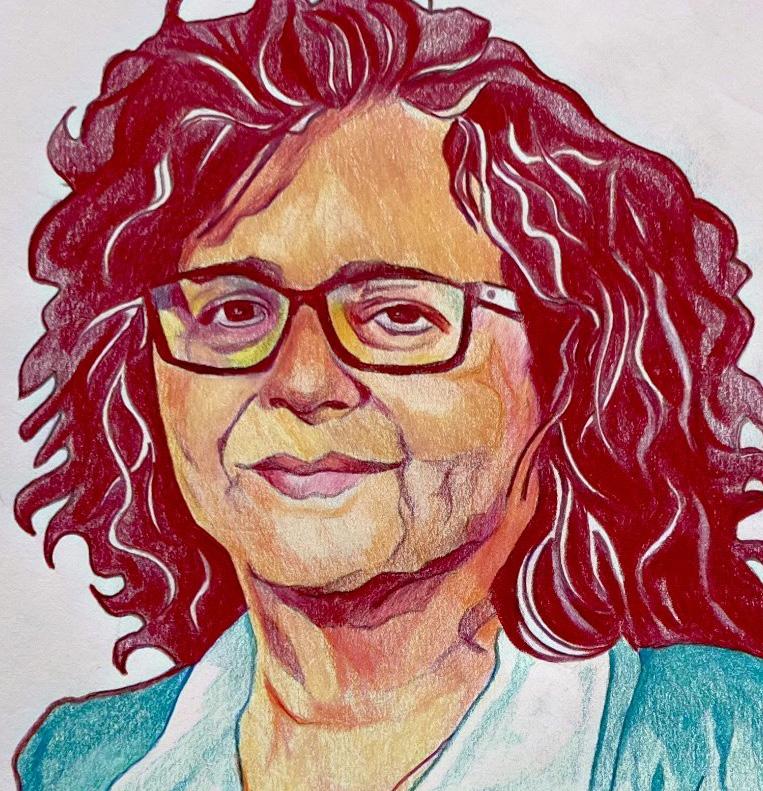
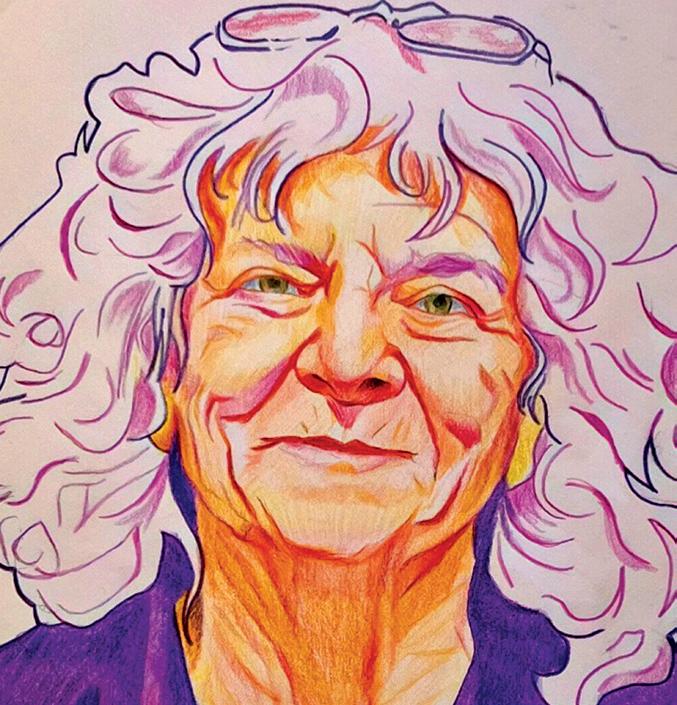
Golda also possessed empathy, was a good listener, valued consensus and cared deeply about issues that affected women and children. But unlike Maimon, her overriding goal was statehood, and once that was achieved, the Labor Party unity she believed was required for the new country to survive and absorb massive numbers of immigrants. According to Lahav, Golda felt she didn’t have the luxury of focusing on women specifically. Nor, having mastered the subtleties of being the only woman in the room, did she invite many other women in. One woman she did mentor was Esther Herlitz (1921-2016), who in 1966 became the first woman to serve as an Israeli ambassador (to Denmark) and later served in the Knesset. It is also noteworthy and often forgotten that as minister of labor, Golda pushed through maternity leave and other policies that transformed Israeli women’s lives, long before these policies were common in other countries. For years, she was pointed to as proof of women’s equality, both in Israel and in the diaspora, covering up the lack of it. Although she is revered by many American Jews, these achievements have been shamefully ignored in Israel, and some feminists today believe that her leadership, particularly in regard to her role in the 1973 Arab-Israeli War, was judged harshly in part because she was a woman.
From top: Sara Aharonson (18901917) was a member of Nili, a ring of Jewish spies working for the British in World War I. When eventually caught, she was tortured and took her own life to protect other members of the intelligence network. Yael Rom (19322006) was one of the first female pilots of the Israeli Air Force. Vicki Shiran (1947-2004) was an Egyptian-born Israeli social activist dedicated not only to feminism, but to fighting discrimination against Mizrahim in Israel.
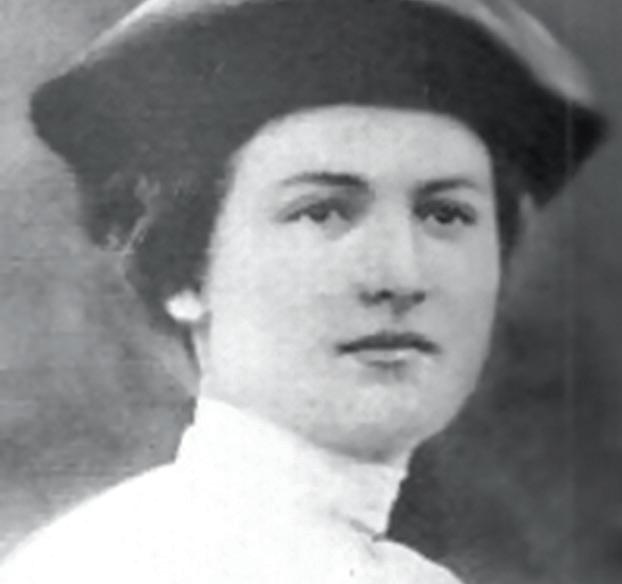
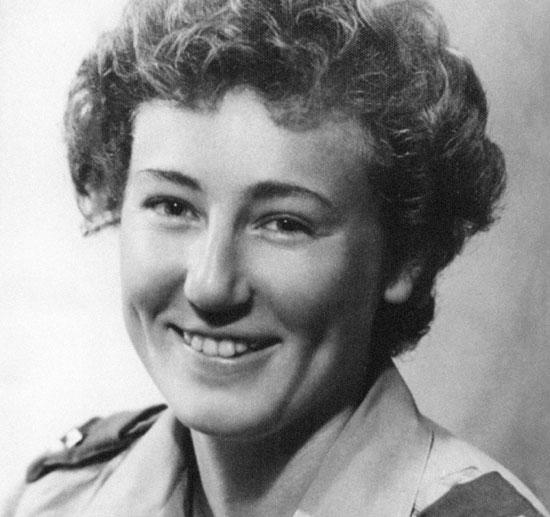
Golda’s unwillingness to prioritize women’s rights also vexed lawyer and writer Shulamit Aloni (1928-2014) Aloni was 30 years younger than Golda and, when it came to feminism, her chief nemesis. Aloni pushed aggressively for women’s rights and civil rights in ways that irritated Golda, who had no patience for what are now known as second-wave feminists, with their sweeping critique of Israeli society—she famously once called their American counterparts “bra-burners.” Golda did her best to torpedo Aloni’s political career, while Aloni, equally unbending, never gave Golda the respect she deserved, says Lahav. In 1974, after Golda resigned, Aloni became the first woman other than Golda to serve in the cabinet, as minister without portfolio. Aloni later went on to found and represent Meretz, a left-wing party, in 1992. She served as minister of education from 1992 to 1993, then minister of communications as well as minister of science and culture. Her strong views shaped contemporary Israeli civil society: At her death, The New York Times heralded her as “an early champion of civil liberties, challenger of religious hegemony and outspoken opponent of Israel’s occupation of the Palestinian territories.” She minced no words about where she saw Israel going: On the cover of her 2008 book, Israel: Democracy or Ethnocracy?, she declared, “The state is returning to the ghetto, to Orthodox Judaism, and the rule of the fundamentalist rabbinate is becoming more profound.”
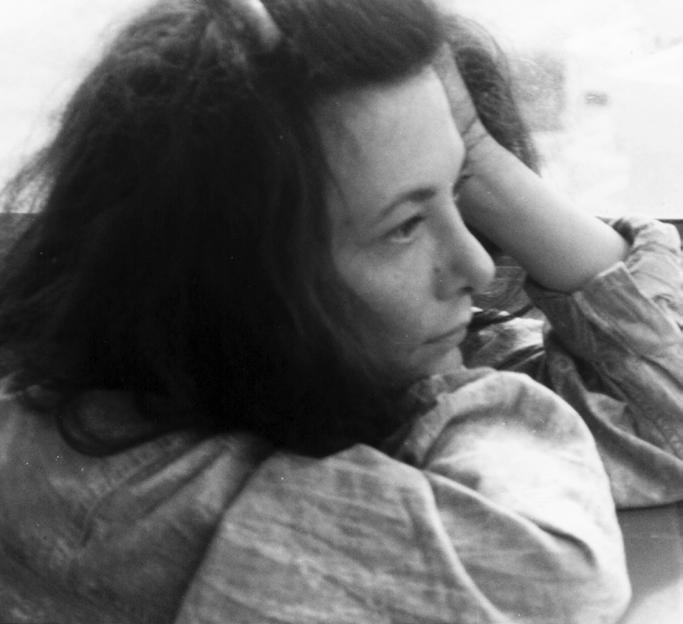
Alice Shalvi (b. 1926) is another unstoppable giant of Israeli feminism—at age 96 she recently joined demonstrators on the streets of Jerusalem to protest the proposed judicial reforms. Born in Germany and educated in England, she was already pushing for women’s inclusion in the Jewish world before she made aliyah in 1949. She has never held political office, but she paved the way for women’s rights in other ways. After being denied a deanship in 1973 at the Institute of the Negev (now Ben-Gurion University) on the basis of gender, Shalvi organized other female faculty members and shone a spotlight on the ugly discrimination women faced in Israeli academia. As founding director of a progressive school for Orthodox girls, she made sure they studied the same Jewish texts as boys did, training a generation of Orthodox feminists. Like Aloni, Shalvi helped build the civil and legal infrastructure that promotes Israeli women’s rights. In 1984, she founded and led the Israel Women’s Network, one of the premier organizations populating Israel’s civil sphere, focusing on consciousness raising, advocating for litigation and legislation to improve the status of Israeli women, and increasing the number of women elected to national and local government.
The odds have always been stacked against women climbing the ladder to Israel’s highest political strata. In 1949, there were 11 women out of 120 members in the Knesset. Since then the number has plunged to as low as seven women and reached an all-time high of 35 in the 2021-2022 Bennett-Lapid government, according to a recent article by the Israel Democracy Institute (IDI). Since the new far-right coalition forged by Prime Minister Benjamin Netanyahu took over last fall, the number of women has fallen to 31. As a result, Israel is currently ranked 97th among 190 countries in representation of women in its parliament, down from 61st place last year, and below countries such as Kazakhstan, China, Morocco, the UAE, Singapore, Mali, Egypt and Bulgaria, according to monthly data collected by the Switzerland-based Inter-Parliamentary Union. Among OECD countries, Israel ranks 31st out of 38. Knesset representation, however, is just one indicator. Women in Israel hold far fewer ministerial positions than men; representation peaked at nine during the Bennett-Lapid government. Only six women out of 38 are in the current cabinet. “After many years of an upward trend,” the IDI report says, “women’s presence in the political arena is now in retreat.”
But numbers don’t begin to tell the full story. Only two women have led the foreign ministry (one of them Golda) and to date, no woman has held either of the two other most prestigious portfolios— defense and finance. The IDI also reports that the party pipeline for women is drying up: Women are now less likely to serve as party leaders, a critical route into higher leadership. The report concludes that as long as the ultra-Orthodox parties persist in their refusal to include women on their slates, there will be little chance of gender parity in the Knesset. And while one would hope that women would be taking the lead in municipalities, female mayors in Israel are surprisingly rare, and only one of the country’s three largest cities, Haifa, has ever had a female mayor, Einat Kalisch-Rotem (b. 1970), who was elected in 2018.
Another daunting obstacle to political power for women has been the prominence of the country’s military, in particular its elite units, in launching young men into politics. This dynamic began in the Yishuv era, when only small numbers of women (such as Shochat) were part of the Hashomer groups. And although women made up as much as 20 percent of the Haganah, the Jewish paramilitary organization that led the fight against the British for independence, they were often expected to cook and clean at the same time they carried a gun, according to some accounts. In the early years of the state, women were eligible for combat duty, including piloting warplanes. The first female Israel Air Force (IAF) though she didn’t qualify for medical reasons, her victory empowered female Knesset members to successfully pass a bill that allowed women to volunteer for any military position they could qualify for. In 2001, Roni Zuckerman (b. 1981) became the first IAF female jet fighter pilot, and in 2014, Oshrat Bacher (b. 1979) was appointed Israel’s first female combat-battalion commander. Today, despite the opposition of religious Zionists, many more combat and combat-intelligence units are open to women. Even so, the military is “not a path to political leadership for women,” says Moment Israel Editor Eetta Prince-Gibson. “Rather, such women are seen as exceptions.” pilot, Yael Rom (1932–2006), earned her wings in 1951 and led the parachute drop at the Mitla Pass at the start of the 1956 Sinai campaign. Shortly afterward, women were barred from combat positions out of fear for their safety. In 1994, a brave young woman named Alice Miller (b. 1972) successfully petitioned the Israeli Supreme Court to allow women to take the pilot entrance exams. Al-
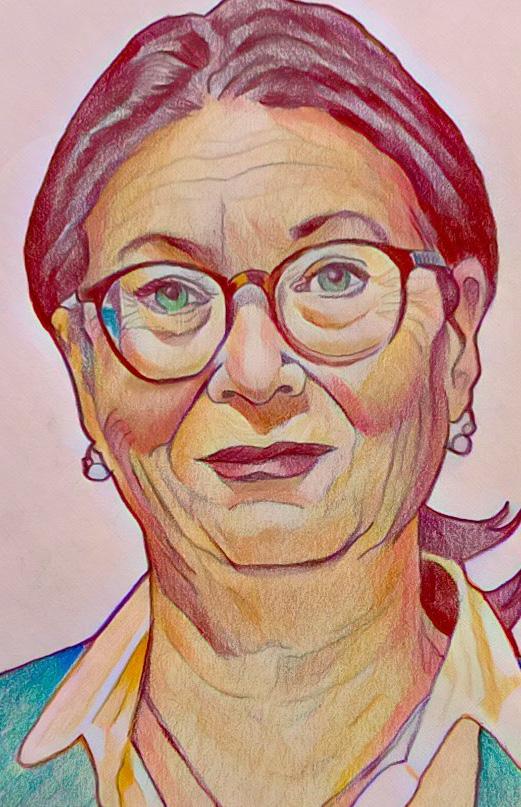
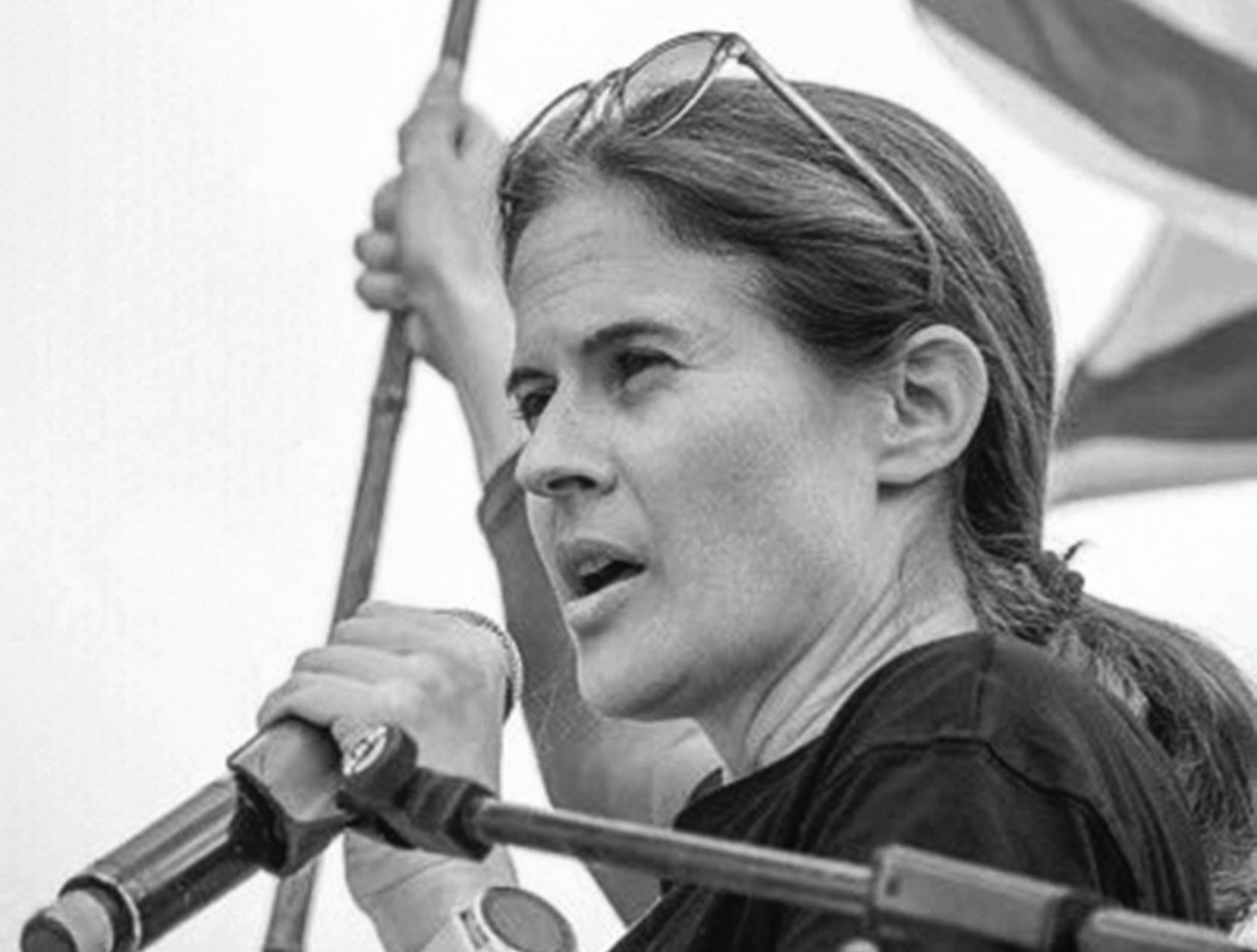
One such exception is Tzipi Livni (b. 1958), who after Golda, held more top leadership positions than any other woman in Israel. An IDF officer who worked for the Mossad, Israel’s spy agency, before finishing her law studies, she served in six consecutive Knessets from 1996 to 2019. She was Israel’s first female minister of justice, minister of agriculture and minister of housing and construction, as well as vice prime minister. In both 2008 and 2009, Livni’s party, Kadima, won enough seats for her to lead the government, but ultimately she was unable to
Continued on page 55






